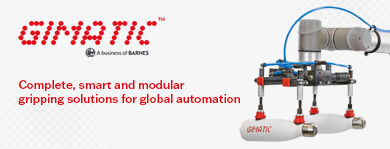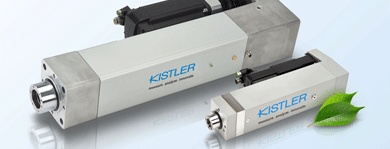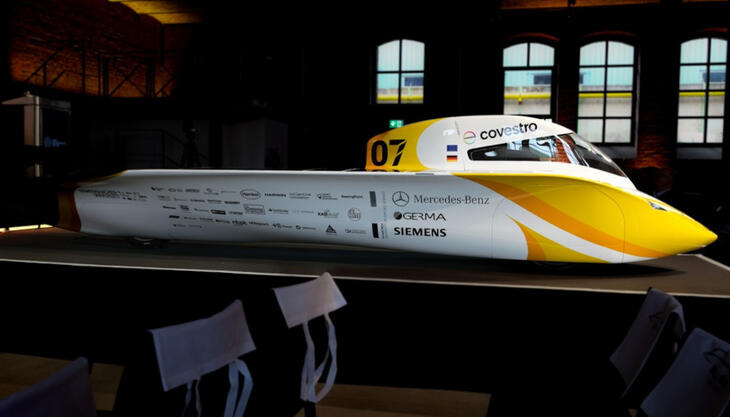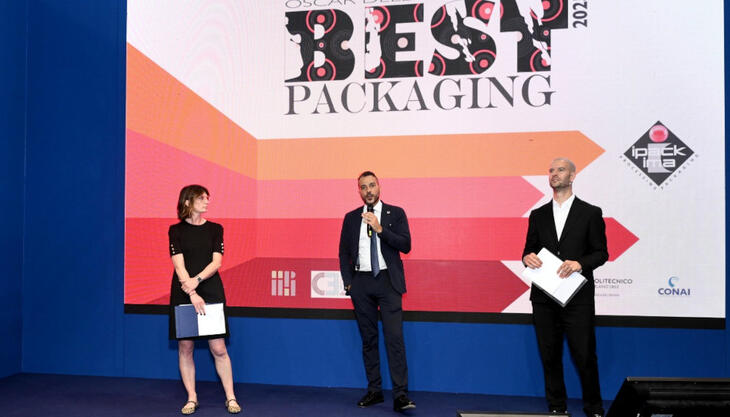
Basf is now adding its first carbon fibre reinforced Ultradur to its PBT portfolio. The specialty Ultradur B4300 C3 LS features low electrostatic charge along with good conductivity. This makes it particularly suitable for components in sensitive areas of measurement and control technology for machines and automotive electronics. Due to the anti-static PBT, less dust or dirt adheres to the component: this allows it to work reliably and permanently - even in unfavourable usage conditions - and without damages because of electrostatic discharge. In areas with explosion hazards, the use of the conductive Ultradur grade also reduces the risk of electrostatic loading and possible sparking.
The German multinational company thus meets the increasing requirements on material and parts especially in automotive electronics. With this carbon fibre reinforced, miniaturization, precision, and safety can be combined even better in the future: parts made of the carbon fibre reinforced engineering plastic retain their antistatic property permanently and even after contact with media (e.g. fuels) and at high temperatures.
Effective immediately, this product is available in commercial quantities. The material, which is reinforced with 15% carbon fibre, has a low volume and surface resistance. It absorbs hardly any water, is laser markable, and its good mechanical properties are similar to those of a standard PBT with 30% glass fibres. Furthermore, it can be easily combined with other PBT grades, e.g. by welding or bonding, and it is also suitable for complex, thin-walled components.
Possible applications of the carbon fibre reinforced PBT are parts in cars or machines with gases or fluids flowing through, fast-moving components in textile machines or conveyor belt elements that are subject to static charge due to friction.
Other fields of usage include machines in paper processing, printers, and transportation packaging for sensitive electronic goods that require ESD (electrostatic discharge) protection.






















